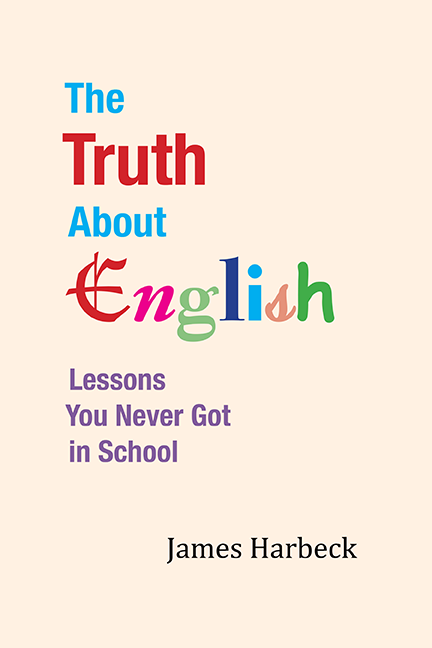The first thing zeugma makes me think of is Flanders & Swann.
Flanders & Swann gave the world the song “Have Some Madeira, M’Dear,” which is full of some of the most hilarious examples of zeugma – they will make your eyes glisten with mirth. Here’s one:
She lowered her standards by raising her glass,
Her courage, her eyes and his hopes.
The Greek original – ζεῦγμα – means ‘yoking’, as in yoking multiple words or phrases to the same word. Often this means conjugating a verb to a literal and a figurative noun (note that the jug root of conjugate also means ‘yoke’). Zeugma can be fairly dry, as in Alexander Pope’s “See Pan with flocks, with fruits Pomona crowned,” where crowned refers to two different crowns on two different people. But it’s so much better when the yoke’s on you, or on someone else – when it produces what Arthur Koestler called bisociation, which Merriam-Webster tidily defines as “the simultaneous mental association of an idea or object with two fields ordinarily not regarded as related.”
The second thing zeugma makes me think of is Zeuxis. This is mainly because if the similarity of the words, but there is a bit more. Zeuxis was an ancient Greek painter; he painted grapes so realistically, birds tried to eat them. Legend has it that he died laughing at one of his paintings – of Aphrodite, commissioned by an un-Aphrodite-like lady who insisted on being the model. Beware of bisociation; it can be fatal.
The third thing zeugma makes me think of is Zaiga. Zaiga is my wife’s aunt. Her name sounds somewhat like zeugma, but Zaiga is also as much fun as zeugma. She’s always ready to fill your glass with wine, your plate with food, and the room with laughter. A few times a year I gladly take a load off my shoulders, a weekend away, a trip up to visit her (and the rest of the family), and a bottle of wine to drink there. And, as it happens, the name Zaiga comes from the Latvian verb zaigot, ‘glisten’. Which both your glass and your eyes will do in her company.







Oops!
I think you mean yoke when you wrote yolk. (Maybe you were making a Madeira cake?)
A matter of a little egg on the face…..
In Ireland a yoke is also, and most frequently, a generic term for a thing whose name you can’t recall or don’t wish to use.
Best,
Paddy Sammon
Ack! I’ve fixed it. (I made it four times, too! Hazards of writing these things late in the evening.) Well, I have egg on my face and the yolk is on me – yoked to me, like some yokel. But at least I can claim it illustrates bisociation. Maybe.
How odd that I’ve encountered this word twice this week, having never seen it before: http://wordsmith.org/words/zeugma.html. On the other hand, the word for couple in Hebrew is זוּג, which is pronounced “zug”. Probably not a coincidence.
Less odd than you might think. I think it was the Wordsmith word-a-day email that put it in my mind. Usually I avoid doing word that’s featured recently in one of the other word-a-day emails I get because I don’t want to be redundant or derivative, but this word had a clear idea with it that I wanted to write. So I did it anyway.
Interesting about the Hebrew; I hadn’t known that. Given areal cross-influence, it’s certainly plausible.